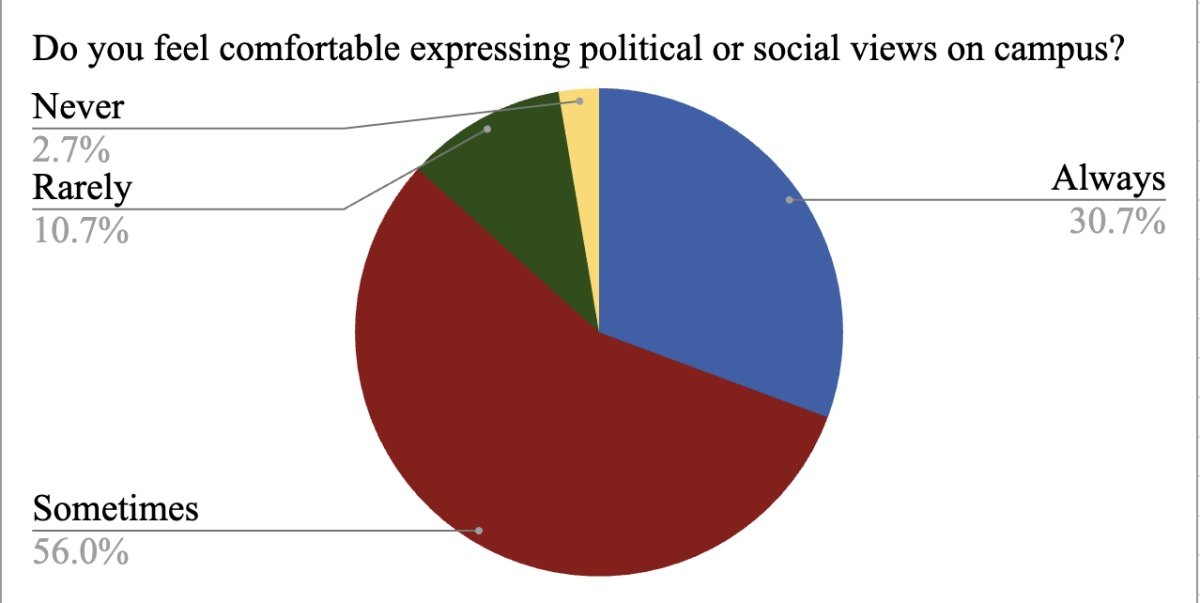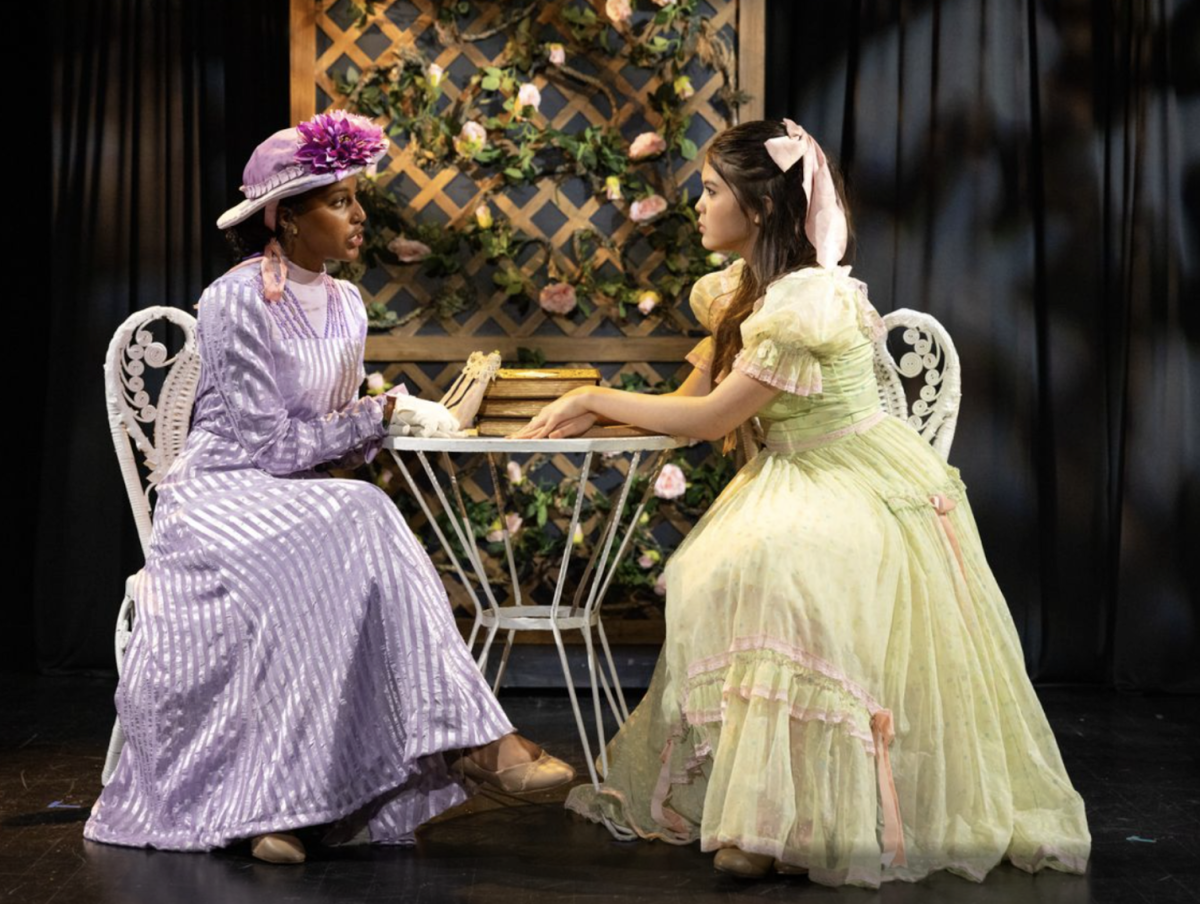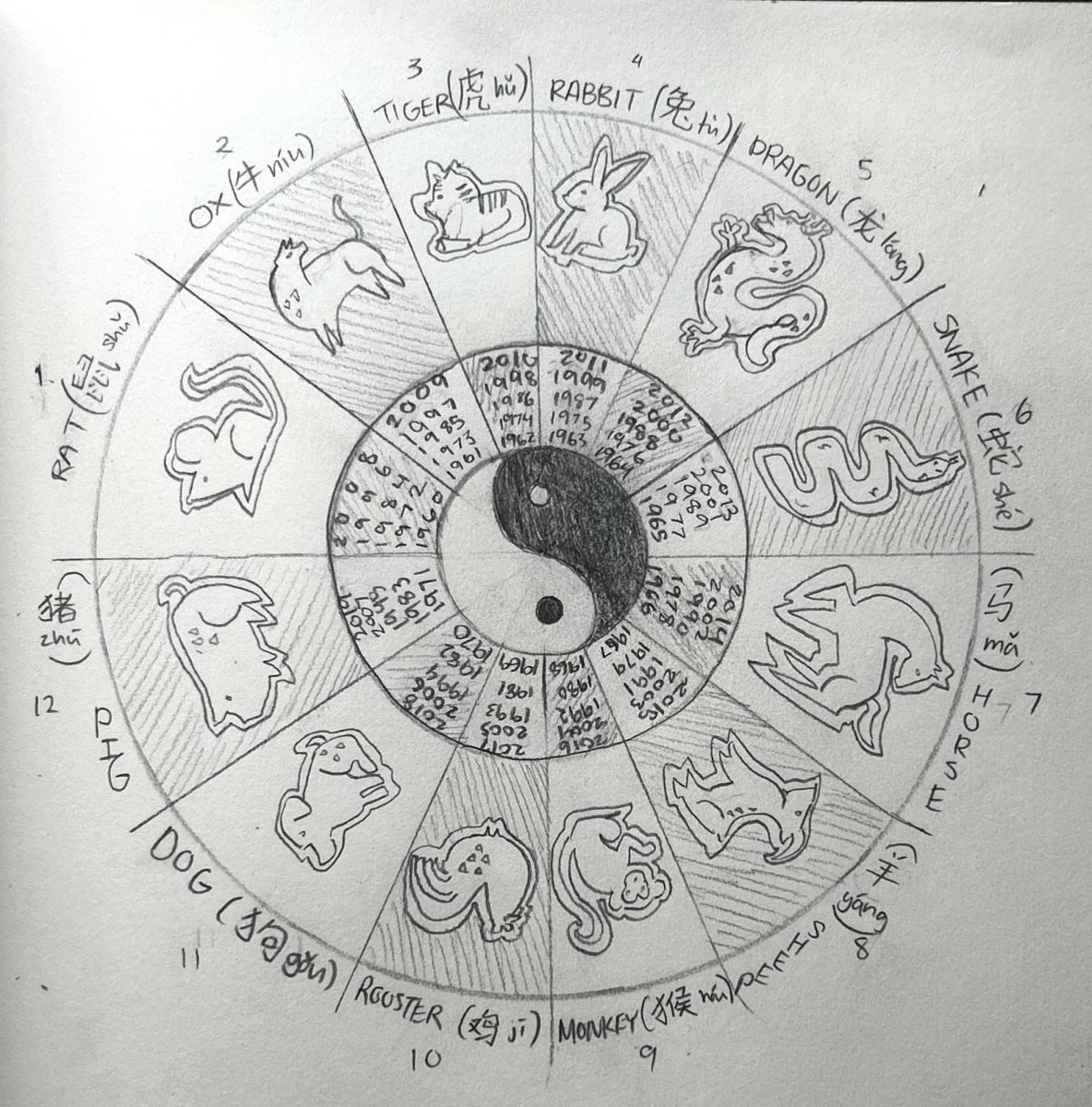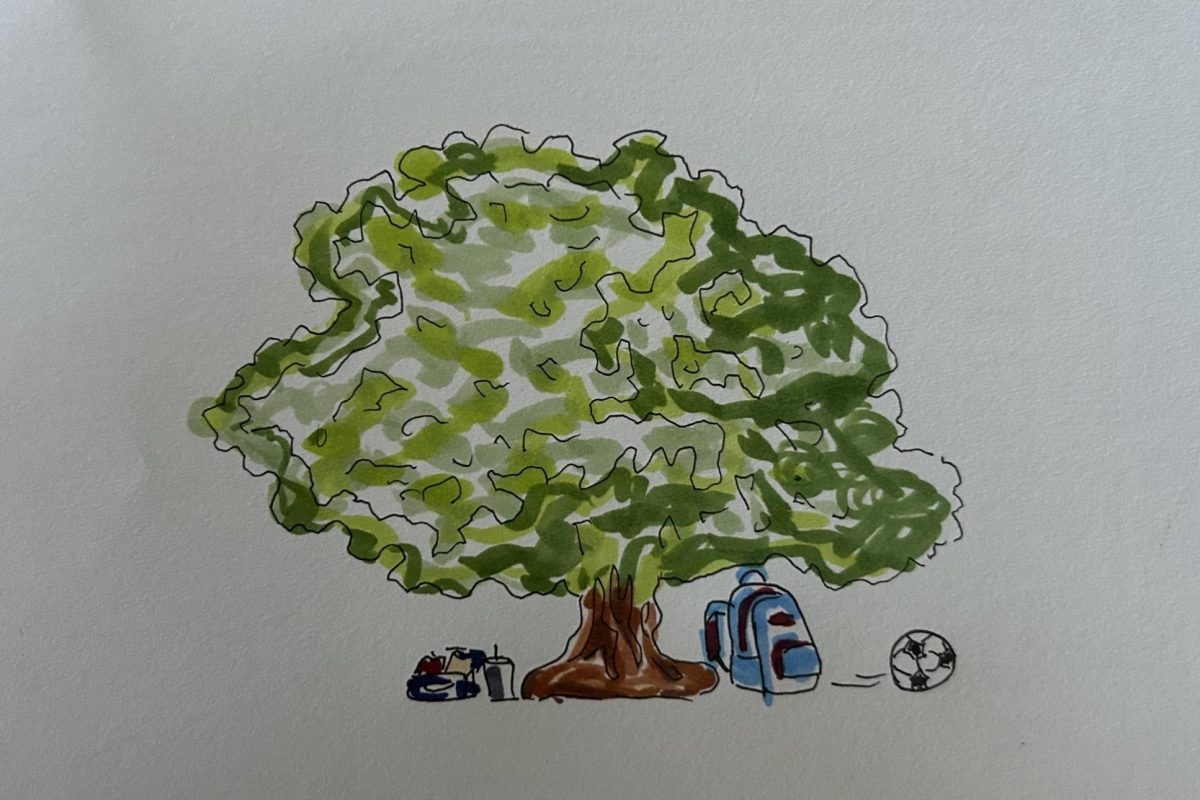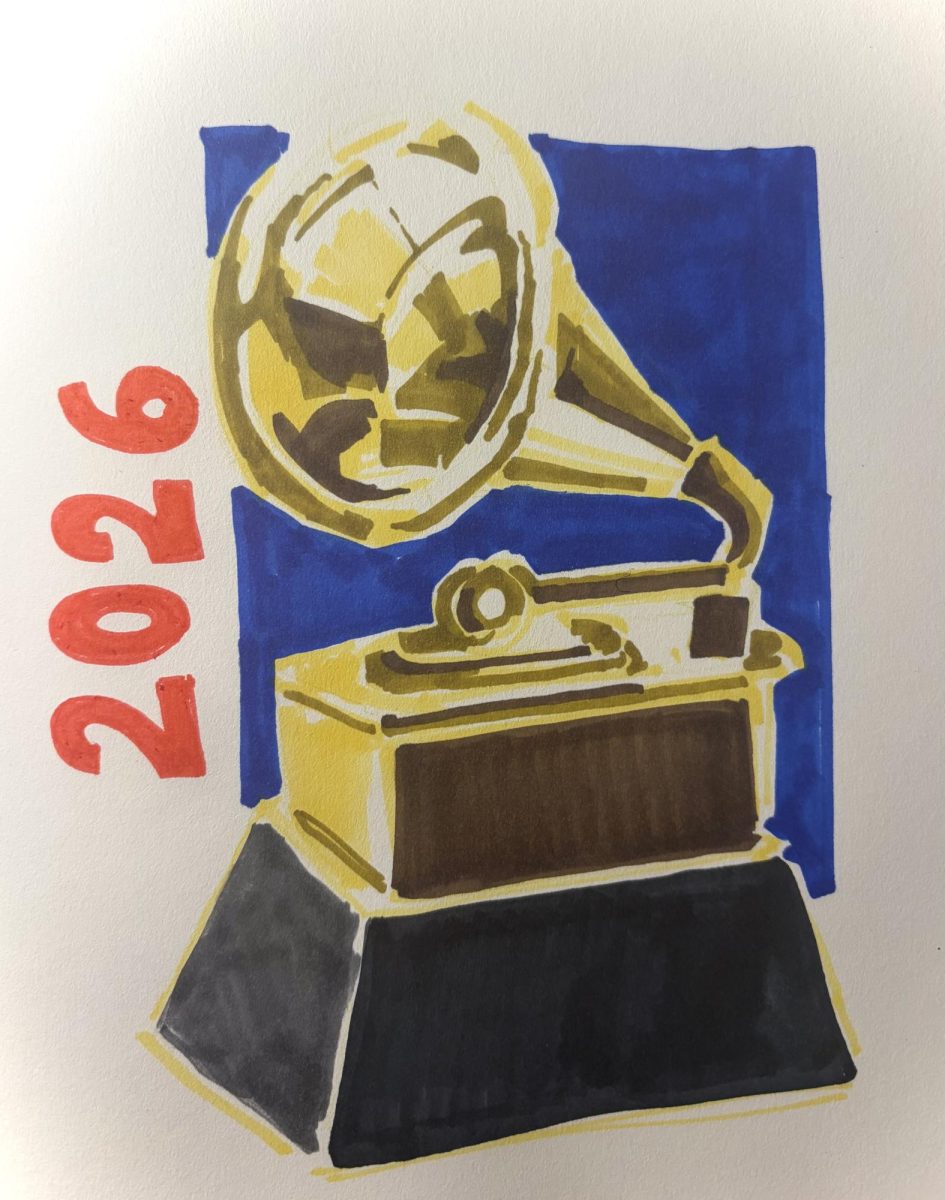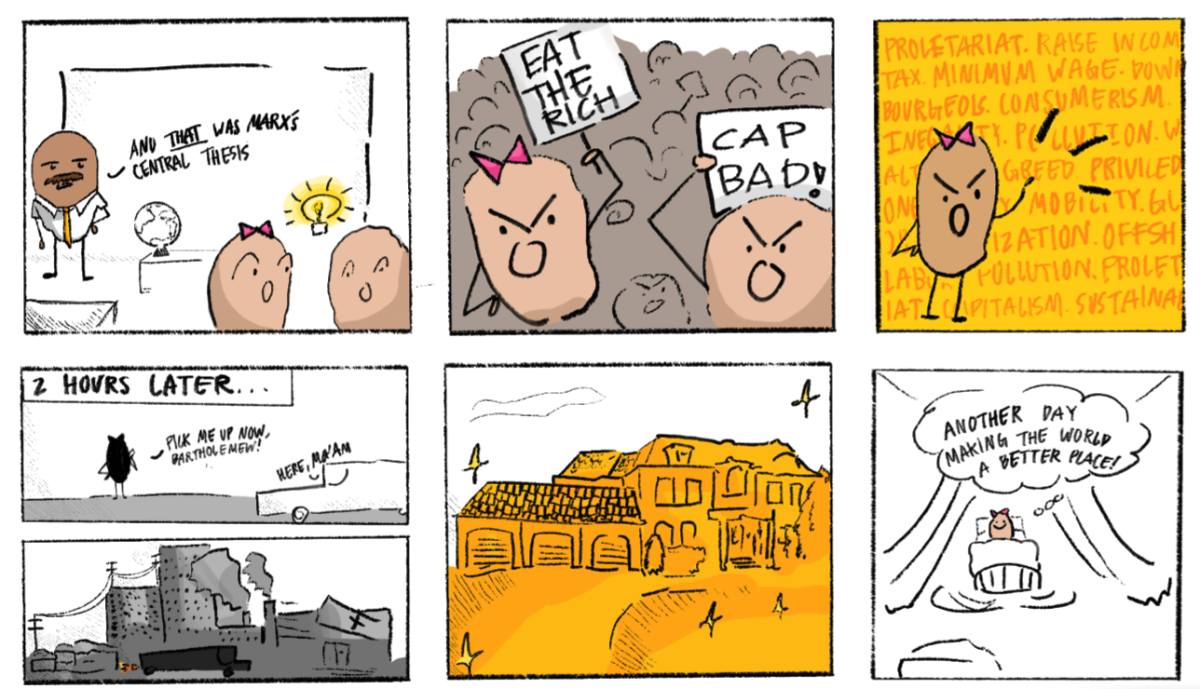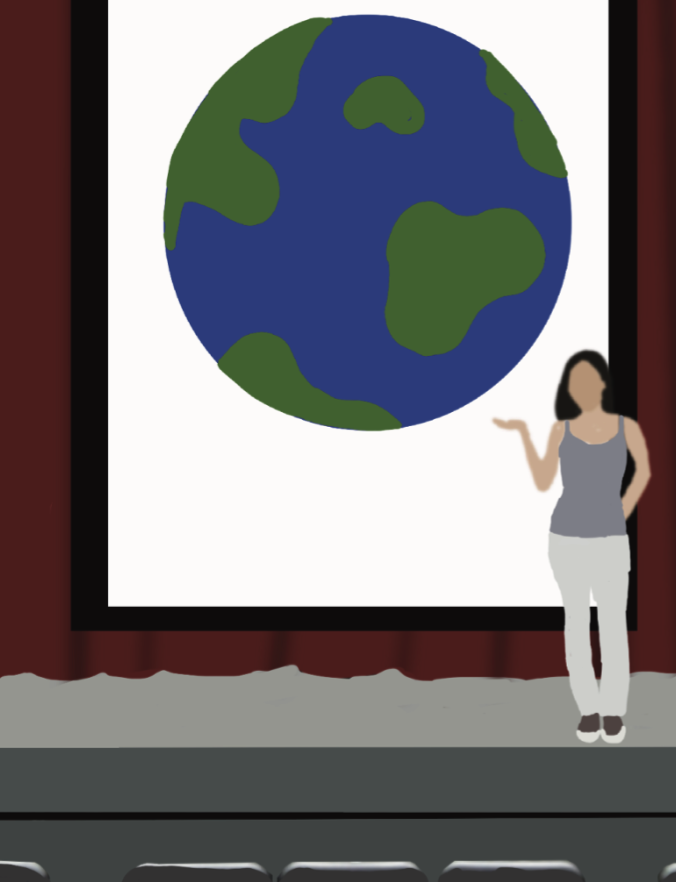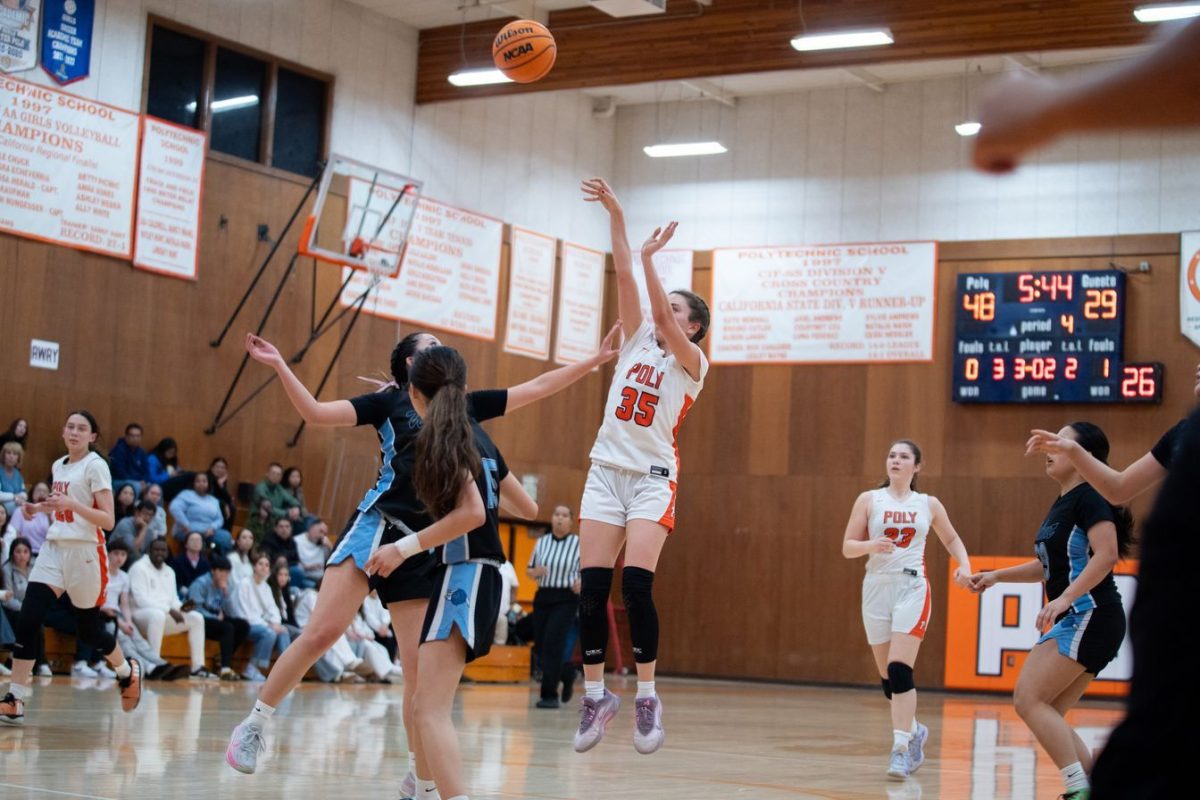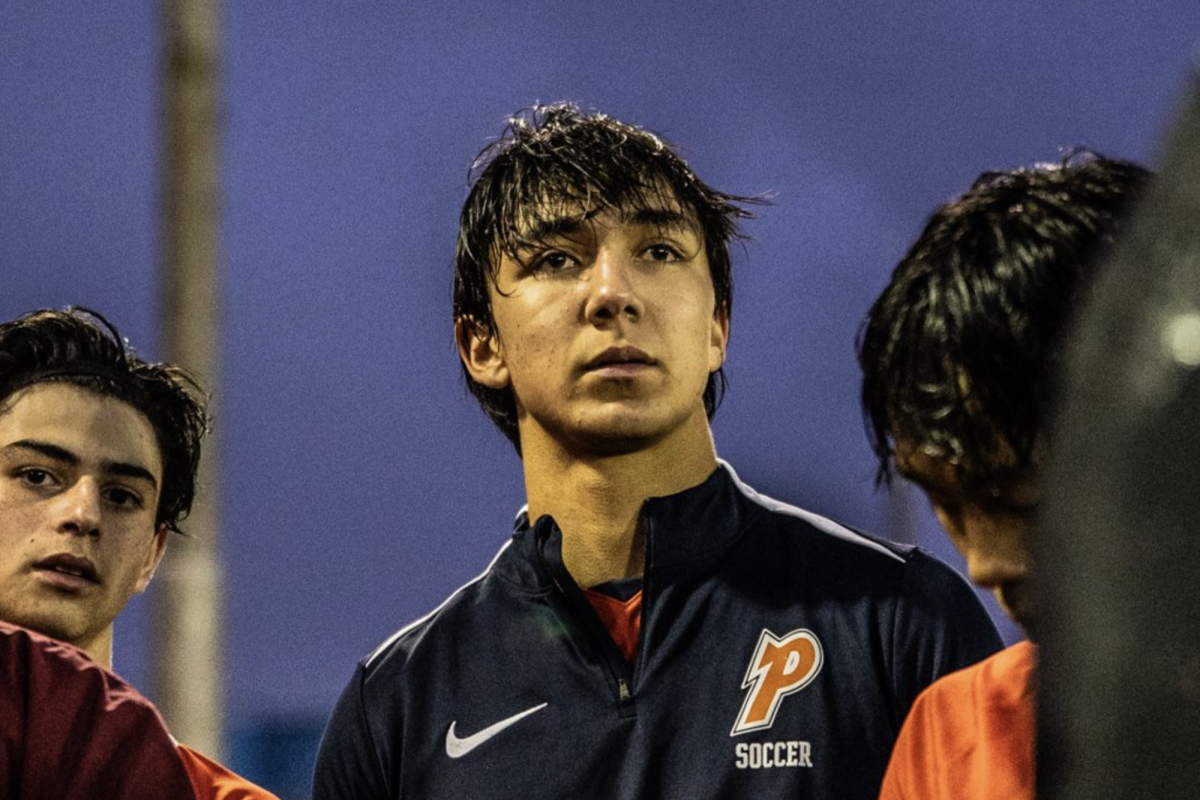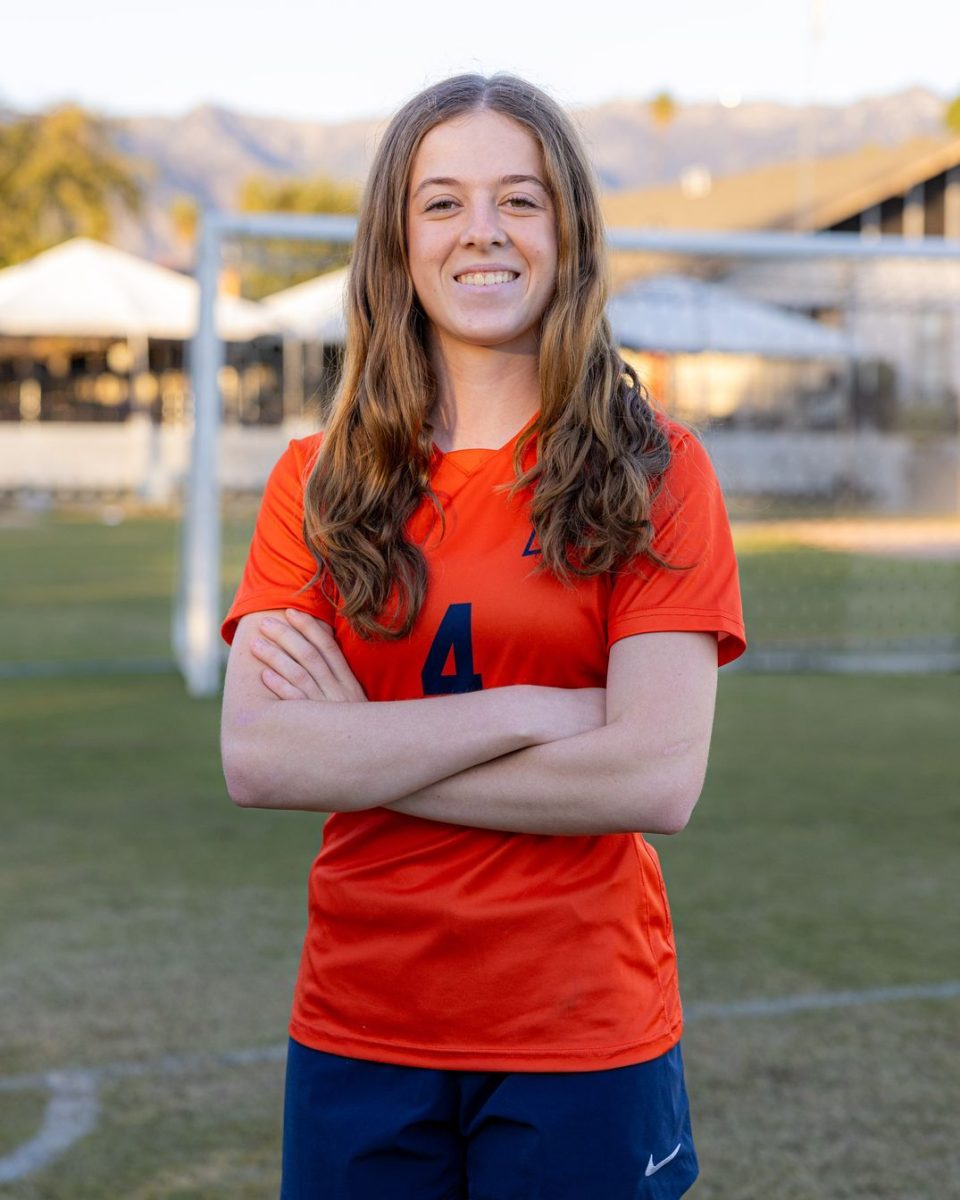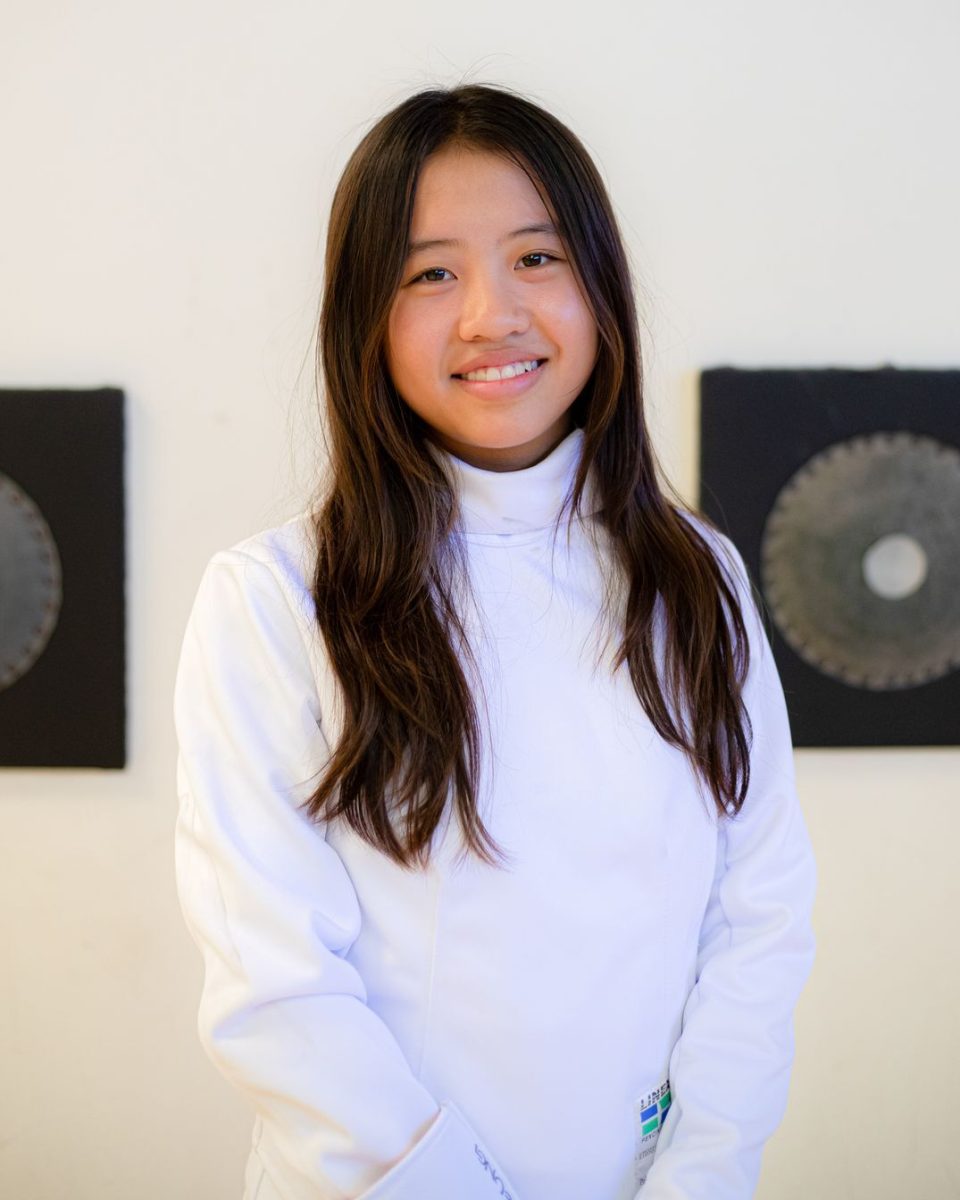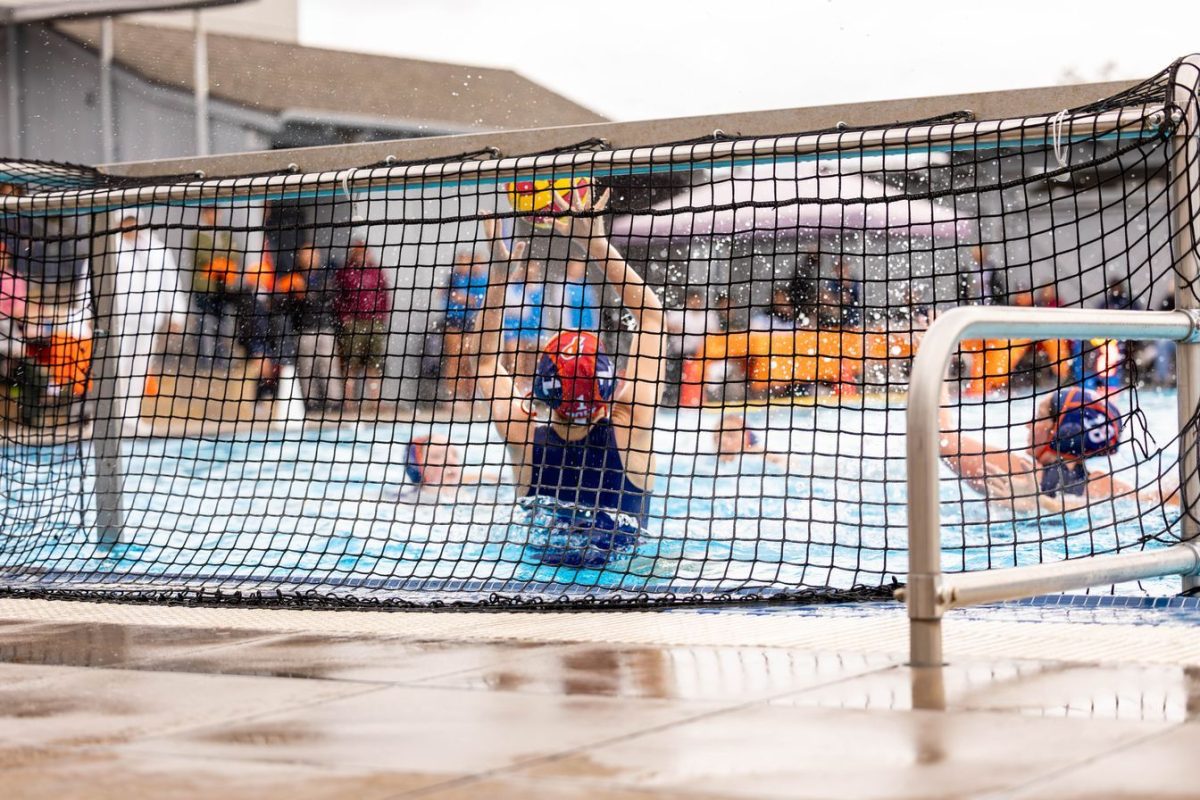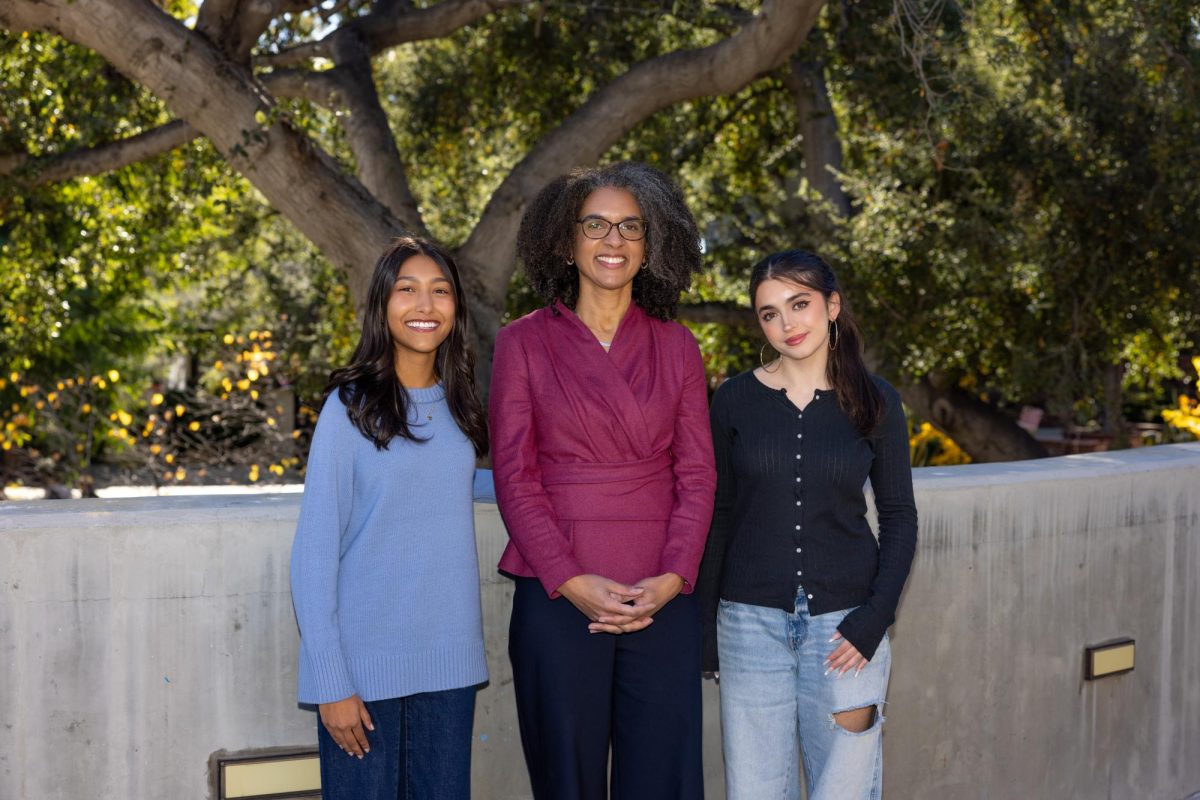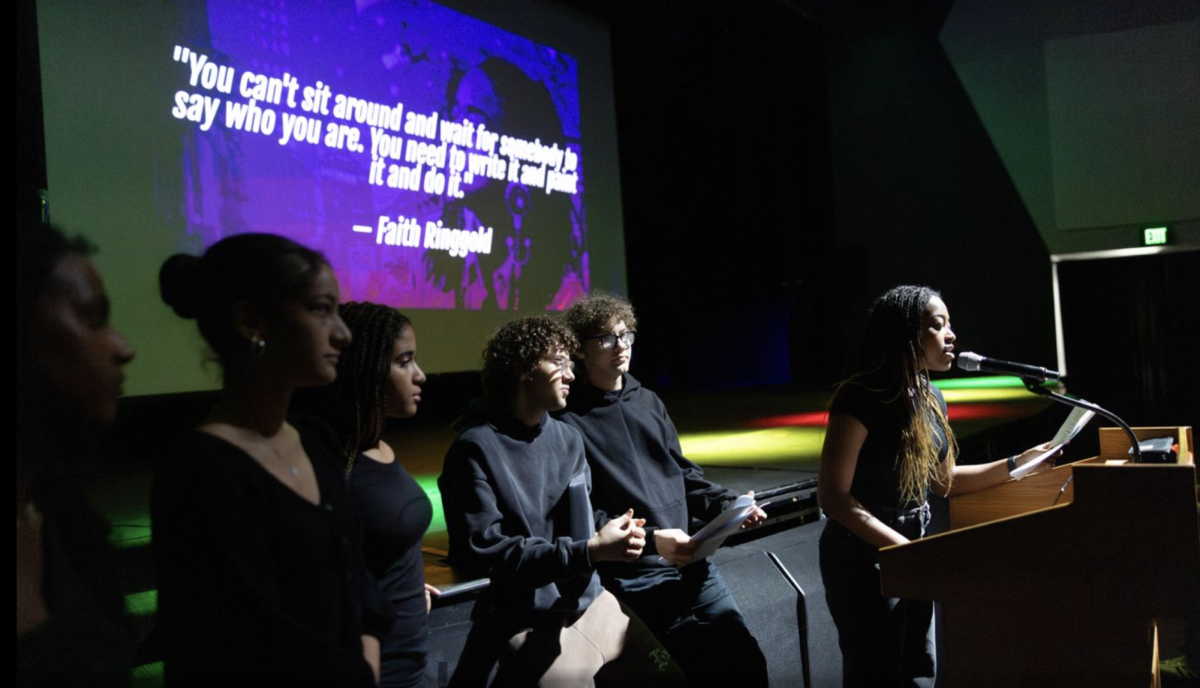In just the past week, the world has witnessed seismic shifts in alliances, diplomacy and global leadership, leaving individuals with pressing questions about the future of international relations. Where does this evolving landscape leave the U.S. in terms of its global role and leadership? What is the fate of international organizations amid these changes? How is emerging authoritarianism across the globe redefining international relations? These were the pivotal questions addressed at the recent PolyGlobal event, “The Role of the U.S. in the World.”
On Tuesday, Mar. 4, the PolyGlobal program hosted an event featuring Anthony Clark Arend, Chair of the Department of Government at Georgetown University’s School of Foreign Service. As an internationally-recognized expert and professor in foreign policy and international law, Arend provided invaluable insight into the complexities of contemporary global affairs. This event marked his fourth visit at Poly, making him the most frequent guest in PolyGlobal history, having previously spoken in 2018, 2021 and 2023.
The PolyGlobal program is dedicated to providing students and community members with the opportunity to learn from esteemed experts in their fields, fostering a deeper understanding of global affairs.
“An important thing [about PolyGlobal] is to really try to address the hot topics, current events that are going on and understanding what is actually going on a level deeper than TikTok news, then understanding how that applies to my world directly or indirectly,” shared Director of PolyGlobal Rick Caragher.
Arend’s discussion covered the current state of U.S. foreign relations, the historical evolution of America’s approach to international diplomacy and the unpredictable nature of contemporary global politics. Following his lecture, audience members had the opportunity to ask Arend questions about U.S. strategy and the shifting dynamics of world leadership.
Senior and Global Scholar Ashley Kim, who helped host the event and facilitated the Q&A portion, reflected on its significance: “PolyGlobal allows students, whether or not they plan to pursue international politics, to learn from experts and expand their passions. As someone interested in foreign service and public policy, hosting this event was an incredible opportunity.”
“Meeting and speaking to Dr. Arend, a distinguished professor who teaches foreign policy in Washington, D.C., where U.S. diplomacy takes shape, deepened my understanding of world affairs, and I hope more students take advantage of these events—whether by attending or even hosting as a Global Scholar.”
This event drew students from all grade levels as well as faculty and parents.
“This was my first PolyGlobal event. I wasn’t even planning on [being a] Global Scholar, but this had me interested. I think it’s important for students to attend events like this so that they learn about the world,” shared freshman Narayan Neti.
As international dynamics continue to shift, PolyGlobal plans to hold more events that provide students with insight into the forces shaping global affairs. The program remains committed to fostering dialogue on pressing international issues, equipping students with a deeper understanding of the world beyond the classroom.

